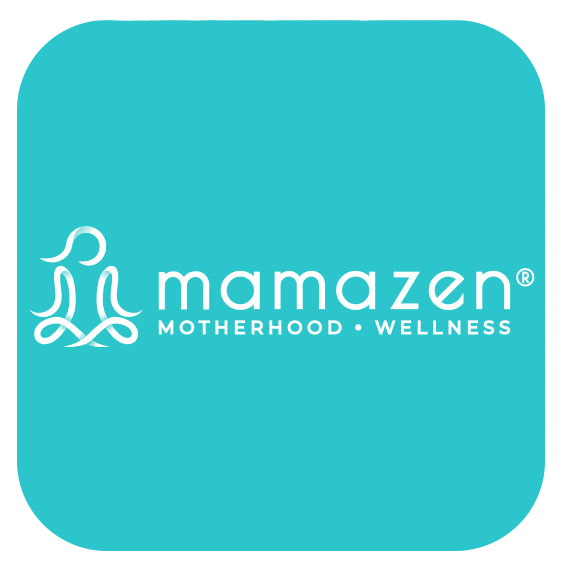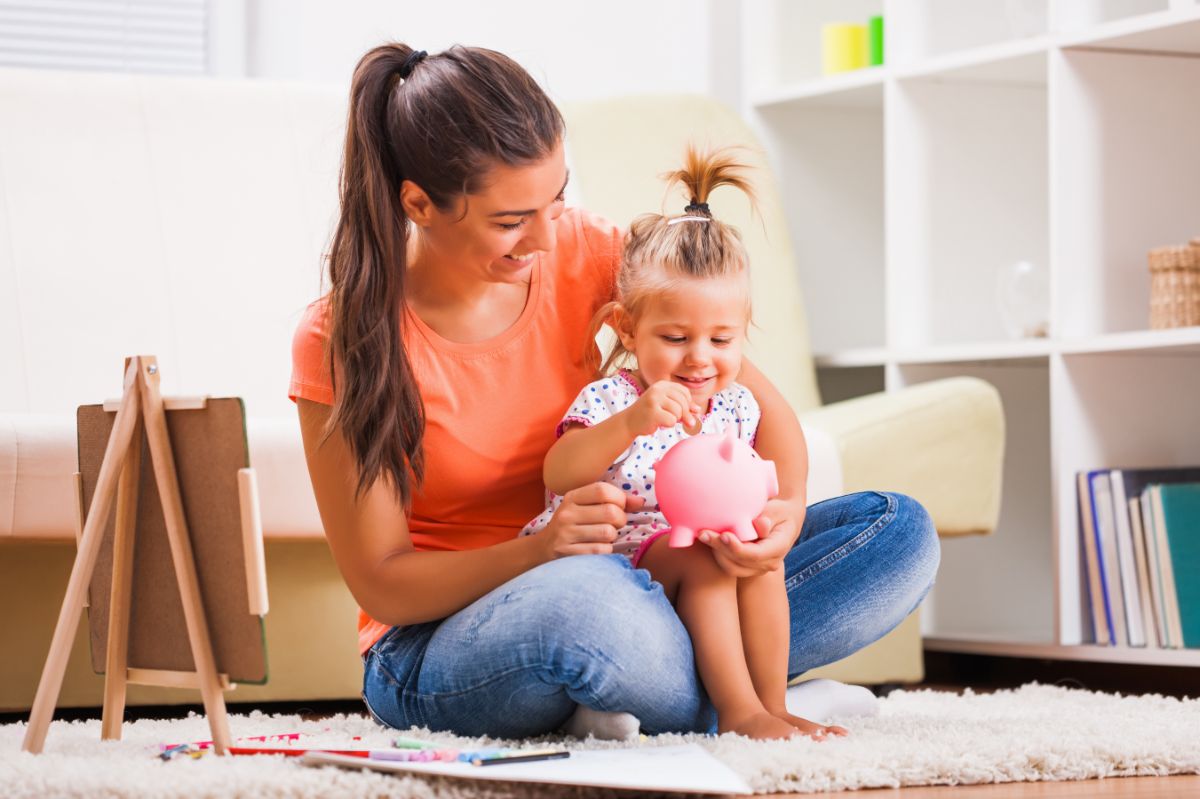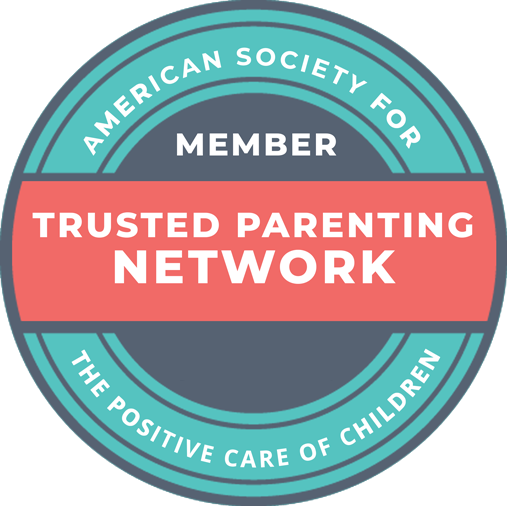Parental Well-Being
Navigating Stress from Pregnancy to Adolescence
Prioritizing a Parent’s Mental Health
In today’s high-paced, digitally-dominated world, parents often grapple with balancing their personal well-being with the demands of their ever-evolving role. From the anticipation during pregnancy to the challenges of raising adolescents, each stage offers its unique hurdles and joys. This article explores how parents can prioritize their mental and emotional well-being throughout this journey and why it is so important.
This Trusted Parenting Network Article brought to you by

Mamazen
Mindful Parenting App
MamaZen is an effective and innovative solution to support the mental and emotional well-being of parents, with a main focus on motherhood beginning in pregnancy all the way through adolescence.
MamaZen is an app-based platform designed to help parents address and overcome complex emotions such as anxiety, anger, guilt, and burnout that may arise during parenting. Offering over 500 sessions and tools to help parents regulate their emotions and transform their responses to triggers, MamaZen has achieved a 92% user success rate. By focusing on mental and emotional well-being, MamaZen supports parents in raising happy children and fostering a more positive and healthy family environment.
Jake Y. Rubin, M.A., CHT, is the Co-Founder of MamaZen and a respected Board Certified Hypnotherapist. He is an expert in Mindfulness Meditation and has been trained at the Mindful Awareness Research Center (MARC) at UCLA. His extensive knowledge and expertise in the field make him a prominent figure in the practice of mindfulness and hypnotherapy, guiding the mission of MamaZen to assist parents in mental & emotional well-being.
1. Breaking Down Myths About Motherhood
For a long time, society has seen mothers as always sacrificing and strong, always giving without expecting anything in return. While it’s great to appreciate these qualities in mothers, sometimes these views stop us from seeing and understanding the real challenges they face.
Common Myths:
– “It’s a phase; it’ll pass.”
While certain challenges of parenthood are phase-specific, it’s essential to address and not dismiss them. Every phase has its unique hurdles, and acknowledging them helps in finding solutions.
– “All parents go through this.”
Every individual’s experience is unique. Comparing one’s journey to another’s can be detrimental and invalidating.
The Way Forward: It’s time society shifts from simply romanticizing parenthood, to understanding and supporting it. Education, open conversations, and challenging set stereotypes are the way forward.
2. Societal Responsibilities: Supporting Modern Parents
The Evolving Landscape of Support:
Workplace Evolution: Companies now have a unique opportunity to foster an environment conducive to parent employees. Providing dedicated solutions for parents’ mental well-being, flexible working hours, parental leaves, and on-site childcare facilities can immensely benefit parents, especially mothers trying to juggle professional and personal lives.
Healthcare Progression: A broader understanding of postpartum depression, anxiety, and the overall mental toll of parenting is essential. Regular mental health check-ins, parental counseling, and using mindfulness as a tool for reducing the stress.


3. The Pillar of Self-Care
Physical Well-being:
Routine health check-ups, a nutritious diet, and regular exercise aren’t just beneficial for personal health but also set a precedent for children. This approach to health can foster a family environment where well-being becomes a collective endeavor.
Mental and Emotional Health:
Dedicating time for self-reflection & mindfulness, using tools that support mental & emotional wellbeing, seeking therapy or counseling when needed, and engaging in activities that rejuvenate the mind and spirit are pivotal. Whether it’s reading or simply taking a day off, mental restoration is crucial.
Relationship Maintenance:
Parenthood, especially motherhood, can sometimes strain relationships. Regularly connecting with partners, seeking couples therapy if required, and even nurturing relationships outside the family (like friendships) can offer emotional support.
4. The Ripple Effect of Parental Well-being
Role Modeling:
Children often emulate their parents. When they observe their primary caregivers prioritizing self-care, they internalize the importance of individual well-being, setting the stage for healthier adulthood.
Establishing Boundaries:
By setting boundaries, parents teach their children the importance of self-respect, consent, and the ability to say no. This lesson goes a long way in personal and professional relationships in the future.
Fostering Emotional Intelligence:
Children raised in an environment where emotions are acknowledged, discussed, and managed learn the critical skill of emotional intelligence. They become adept at understanding, expressing, and handling their feelings and those of others.

Now, let’s explorer how to be a happy parent at every stage:
1. The Genesis: Pregnancy and the Dawn of Parenthood
Pregnancy is the beginning of the parenting journey. During this phase, the challenges include physical changes, hormonal fluctuations, and anxieties about the upcoming birth. But it also offers expectant parents a unique opportunity to connect, dream, and plan.
Self-Care Strategies:
– Engage in prenatal exercises like yoga to manage stress.
– Attend birthing classes to alleviate anxieties.
– Create a support system with fellow expectant parents.
2. Navigating Early Days: Infancy and Its Challenges
The joys of witnessing a baby’s first smile or hearing their first words are unparalleled. Yet, sleep deprivation, postpartum adjustments, and establishing feeding routines can take a toll.
Self-Care Strategies:
– Divide responsibilities with partners or caregivers.
– Schedule regular breaks, even if brief.
– Consider postpartum mental wellness solutions.
3. Charting New Territories: Toddlerhood and Independence
As toddlers begin exploring their world, parents grapple with setting boundaries, managing tantrums, and juggling work.
Self-Care Strategies:
– Stick to established routines to manage unpredictability.
– Attend parenting workshops to learn effective discipline techniques. – Dedicate time for personal relaxation and self-reflection.
4. The Learning Curve: School-Aged Children and Growing Pains
This phase introduces parents to academic pressures, social dynamics, and balancing work with family demands.
Self-Care Strategies:
– Foster open communication channels with children.
– Set boundaries to ensure quality family time.
– When overwhelmed use mindfulness to relax your racing thoughts.

5. Treading Volatile Grounds: Adolescence and the Search for Identity
With adolescence, parents face the complexities of guiding their children through peer pressure, academic challenges, and identity explorations.
Self-Care Strategies:
– Create a non-judgmental environment for open discussions.
– Stay updated on modern challenges, like digital influences.
– Continuously adapt parenting strategies based on the child’s growth.
The Collective Journey of Parental Well-being
Motherhood, and parenthood as a whole, is a dynamic journey, not just for parents but for society at large. It’s a collective tapestry, woven with threads of love, sacrifice, challenges, and growth. Yet, at the very core of this intricate design lies the well-being of parents, especially mothers, who often bear the brunt of societal expectations and self-imposed pressures.
As we’ve navigated through the various facets of parental well-being, from debunking age-old myths to understanding the societal responsibilities, one truth stands paramount: our society prospers when we support and uplift our parents. Their well-being is directly proportional to the emotional, mental, and even economic health of our communities.
Furthermore, the ripple effect of parental well-being transcends generations. By prioritizing their health, both mental and physical, parents are not only ensuring their happiness but are also laying the foundation for the next generation. The lessons children imbibe from a young age — be it the importance of self-care, the value of emotional intelligence, or the significance of setting boundaries — will shape the world of tomorrow.
In this era, where the lines between work and home blur, where the digital age brings both opportunities and challenges, and where the traditional norms of parenting are continuously evolving, it’s more important than ever to pause and reflect. To ask ourselves: “How can we support parents better?” “How can we create a world where parental well-being isn’t an afterthought but a priority?”
It is up to each one of us — policymakers, employers, partners, and society at large. For in the well-being of modern parents, lies the well-being of our future. And as we move forward, let’s remember that the journey of parenthood, with all its ups and downs, is a shared one, deserving of understanding, empathy, and utmost support.

Trusted Parenting Network
The Trusted Parenting Network harnesses the power of the internet to further American SPCC’s mission of bringing meaningful parenting support to families across the globe.
From offering impactful resources to hosting online interviews, members of our Trusted Parenting Network offer unique insights and solutions as subject matter experts on today’s top parenting topics.
